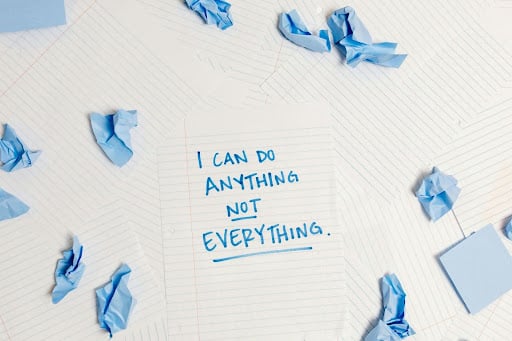Lately, many parts of my life have been changing — sometimes faster than I can fully process.
- My son is a rising senior and athlete, navigating the pressures of tests, tryouts, and the looming transition into adulthood. Added over the past year are seizures — their unpredictability, their invisible presence in our lives, and the seemingly endless stream of questions without easy answers.
- We recently left our happy little home by the water — our peaceful refuge — to move closer to his school. It eases the burden of his long, 14-hour days between academics and football, but the move has also been its own form of letting go.
- Professionally, the industries I have loved and built a career on — education and inclusion — are at the center of national questioning and redefinition.
- And in the midst of it all, I have been building and launching a new business, CultureRoad, designed to help organizations not just survive this era of transformation, but to truly embrace it — strengthening their very life force: their workforce.
I would love to tell you that my years of coaching, strategic advising, meditation, and yoga prepared me to navigate this cascading change smoothly. But honestly?
It’s been difficult.
And yet — even amid the turbulence, I’ve found that small, steady moves have made an extraordinary difference.
I want to share some of the practices that have been invaluable for me — and that I hope can provide points of reflection (and maybe some comfort) for you, too.
1. Reflection: Separating Reality from the Story in Our Minds
Reality happens at least on two levels:
- What is actually happening
- What we experience happening in our minds
In times of uncertainty, the experience in our minds often paints a much louder — and sometimes more painful — picture than reality itself.
We leap into worst-case scenarios.
We magnify fears.
We anticipate disasters that often never arrive.
And when new data becomes available, we often realize that the most painful version of events is not the one actually playing out.
It doesn’t mean we should suspend all judgment or deny risks.
But learning to notice the distinction between hard data and the anxious mind-story can spare us enormous unnecessary suffering — and leave us with more energy to address real challenges.
2. Tending to the Smallest Certainties
When the big picture feels too large and uncertain, I find stability in micro-certainties:
- Making a nourishing breakfast
- Completing a 10-minute walk
- Preparing to and showing up fully present during a team meeting.
- Sending one clear email
- A meaningful and focused end of day conversation with my son at the end of the day
These small anchors are not trivial — they are a form of resilience.
They remind us that even when the world feels unpredictable, we can still create small zones of care, structure, and meaning.
3. Communicating Early and Clearly — Even When You Don’t Have All the Answers
One of the hardest workplace (and life) lessons during disruption is that silence creates confusion and anxiety.
People tend to fill empty spaces with their worst fears.
Even when I don’t have a final answer — about a project, a direction, or even about my own emotional capacity — I try to communicate early, clearly, and transparently:
- “Here’s what I know right now.”
- “Here’s what’s still uncertain.”
- “Here’s how I’m thinking about it.”
- “Here’s when I’ll check back in.”
Clear, compassionate communication doesn’t eliminate uncertainty — but it builds trust that you’re walking through it together.
4. Building Micro-Wins into Team Culture
In times of disruption, motivation can easily collapse if we wait for big victories to celebrate.
Instead, I've learned to intentionally build micro-wins into my team’s culture:
- Celebrating completed drafts, not just published reports
- Recognizing shifts in mindset, not just revenue goals
- Acknowledging effort and resilience, not just outcomes
Micro-wins create momentum.
Momentum creates belief.
And belief is the bedrock of sustainable rebuilding.
5. Making Values Operational — Not Just Aspirational
When the external world is shifting rapidly, values must become more than posters or platitudes — they must be operational tools.
In CultureRoad, and in my consulting work, I’ve been encouraging organizations (and myself) to ask:
- How does our value of compassion show up in this restructuring process?
- What does our commitment to equity require in this new structure?
- How does kindness shape how we handle difficult feedback today?
Making values operational — tied to real decisions, behaviors, and conversations — creates a sense of integrity that no external disruption can easily shake.
Big change often feels overwhelming because we imagine it demands equally massive responses.
But the truth is: small moves create big shifts.
- Small moves of honesty.
- Small moves of care.
- Small moves of clarity and compassion.
- Small moves of resilience, repeated daily.
In the middle of so much change — in my home, in my work, in the larger world — I am learning to trust these small moves as the building blocks of something lasting and good.
You don’t have to have it all figured out.
You just have to keep moving, one small, courageous step at a time.
Learn more about the practices mentioned in this post by checking out our programs. Whether you’re a manager looking for in-depth skill development, a leader wanting tools to navigate change, or an individual contributor needing structure and support for bringing well-being into focus, our learning & development programs are for you!
CHECK OUT OUR OFFERINGS HERE

